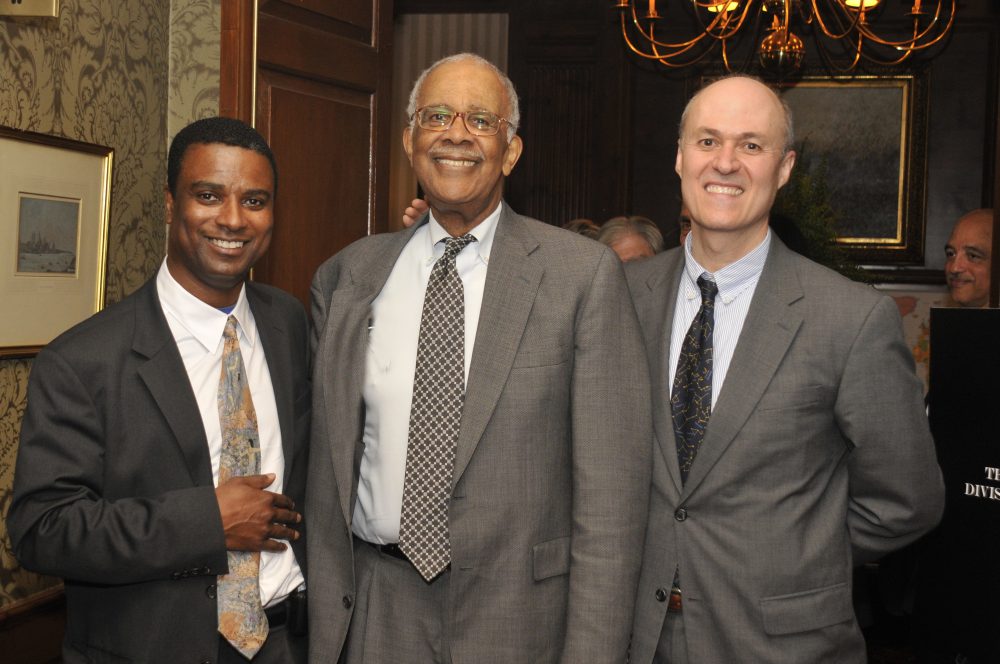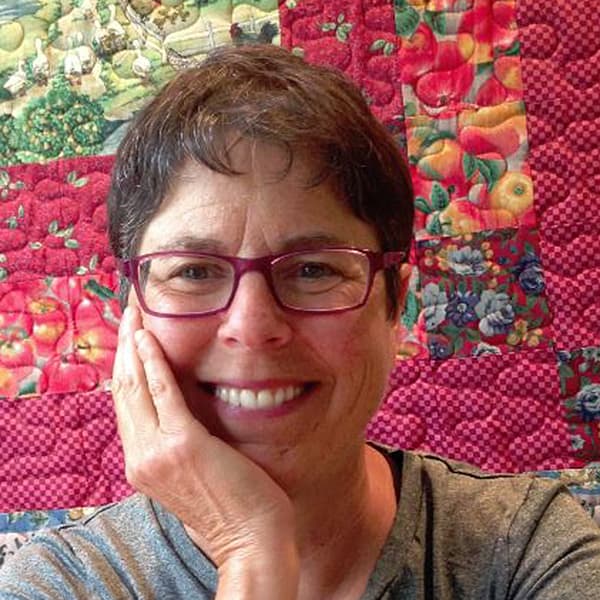Advertisement
Dr. Chester Pierce Understood Racism On Multiple Fronts
Resume
As a Harvard psychiatrist, Dr. Chester Pierce was endlessly interested in extreme environments and resilience -- and understood both. In 1947, he was the first African-American to play on an integrated college football team south of the Mason Dixon line. That University of Virginia game was racially historic, but the Harvard tackle wasn’t allowed to sleep in the same hotel as his teammates.
Looking into the facets of his professional life was like looking into a prism: refractions bent everywhere. Back in 1970, Dr, Pierce was the first to coin the term "microaggression"-- as common as denim, now -- to describe the subtle racial putdowns that degrade physical health over a lifetime.
David Henderson is one of many, many young psychiatrists Dr. Pierce mentored.
"A classic scenario, he said: You got a black man and a white man standing in the elevator," Henderson detailed. "They’re both getting off on floor one. The doors open on floor one. And the white man always walks off first, right? Always walks off first. You can live in America, and you can have these experiences, and you can have them daily, but he still found goodness in people."
Dr. Pierce wasn’t a big researcher; he was a big thinker -- writing by pen until midnight, pausing to catch a TV movie, then up early the next morning for calisthenics and a glass of milk.
"For me," remembered Dr Henderson, "the beauty of every time I met with him was, I’d get another story. Some people, they do great things and you know they do great things 'cause they’re telling you they do great things all the time. But with Chet, we’d stumble on a story."
He seemed to be everywhere. There was the time he worked for NASA, helping to bring American and Russian cultures together on the Space Station. The times he consulted to "Sesame Street." Or the time he had a mountain named for him.
“Pierce Peak,” Henderson said. “Because of his work in Antarctica studying soldiers in extreme environments. I think he spent six months in darkness with them. He’s got a mountain named after him in Antarctica. Like, how do you find people like, how do you do that? I dunno.”
Traveling the world, he helped African countries coordinate treatment for mental illness in the absence of resources, training and policy. That led to founding Harvard’s Global Psychiatry program. His thinking about race and resilience was so broad and deep, he became a professor at Harvard Medical School, Harvard School of Public Health and the Harvard Graduate School of Education.
And yet, he was astonishingly humble. One night, toward the end of his life, Dr. Pierce met Henderson at a meeting in Boston. Usually, he took public transportation home. But when Henderson offered him a ride, he accepted.
“He said to me, he says, 'Y’know, if I only had the energy I had when I was 85, I would be really doing well!' "
He was 88.
This segment aired on February 8, 2017.
